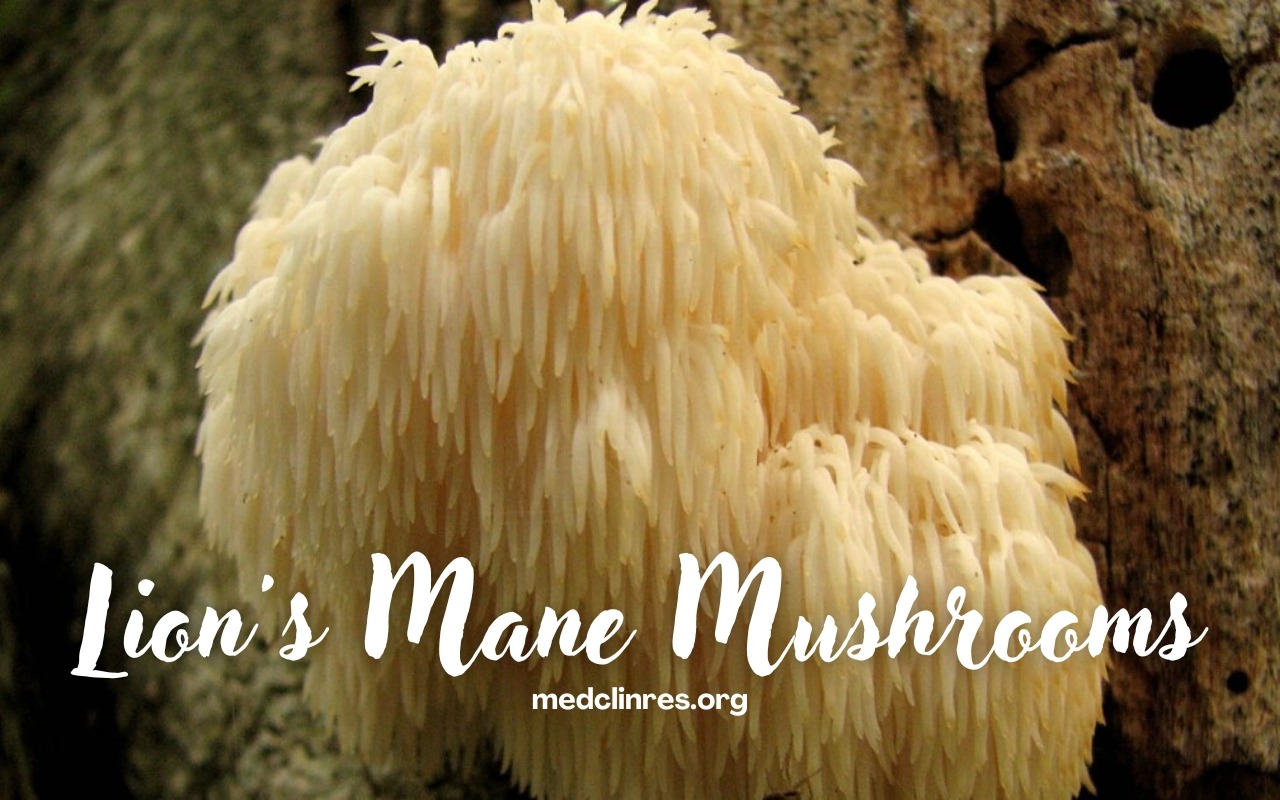At MeridianMedicalCentre.com, we believe that well-informed health decisions are at the heart of every successful wellness journey. One critical, yet frequently overlooked factor in overall well-being is vitamin D. While it’s often associated with bone health, scientific research now shows that vitamin D influences far more—from immune function and mental health to metabolic balance and inflammation control.
Vitamin D deficiency is both widespread and underdiagnosed. According to data from the Centers for Disease Control and Prevention (CDC), nearly 42% of adults in the U.S. have low vitamin D levels. Prevalence is even higher among people with darker skin, older adults, and those living in northern regions or spending limited time outdoors. At MeridianMedicalCentre.com, we explore how you can recognize the signs, understand the risks, and support your recovery using wellness-guided methods that complement conventional care.
What Is Vitamin D and Why Does It Matter?
Vitamin D is a fat-soluble vitamin that acts more like a hormone in the body. It's naturally produced when the skin is exposed to ultraviolet B (UVB) rays from sunlight. It can also be acquired through certain foods or supplements. Unlike other vitamins, vitamin D impacts over 2,000 genes and supports multiple biological functions—including immune regulation, calcium absorption, muscle recovery, cardiovascular health, and brain function. When vitamin D levels drop too low, this wide-reaching influence becomes compromised, leading to symptoms that may seem unrelated at first glance but are part of a bigger picture.
Common Symptoms of Vitamin D Deficiency
While symptoms can be subtle, many people with low vitamin D levels report some of the following concerns: chronic fatigue despite adequate rest and nutrition, frequent colds or respiratory infections due to weakened immune defense, muscle aches or weakness, especially after light exertion, lower back or bone pain, a sign of impaired calcium absorption, mood changes, depression, or anxiety, possibly linked to disrupted neurotransmitter function, slow wound healing or skin repair, hair thinning or increased hair shedding, poor exercise recovery and longer periods of soreness. These symptoms are non-specific, which means they can overlap with many other health conditions. That’s why lab testing, such as a 25-hydroxyvitamin D blood test, is essential for accurate diagnosis.
What Puts You at Risk for Vitamin D Deficiency?
Several environmental, biological, and lifestyle factors contribute to low vitamin D levels. Limited sun exposure, especially for people living in northern climates or working indoors, darker skin tones, which naturally reduce vitamin D synthesis from sunlight, aging, as the skin becomes less efficient at synthesizing vitamin D, digestive disorders like celiac or Crohn’s disease that impair nutrient absorption, excess body weight, which may sequester vitamin D in fat tissue, certain medications, including steroids and cholesterol-lowering drugs. Understanding your personal risk can help guide proactive testing and preventive strategies.
The Wellness-Driven Path to Recovery: Evidence-Based Solutions
At MeridianMedicalCentre.com, our wellness approach centers on strategies that complement traditional care, offering practical ways to optimize your vitamin D levels safely and naturally.
Smart Sun Exposure: Aim for 10–30 minutes of sun exposure on your arms, legs, or face several times per week. Midday sunlight offers the highest UVB levels. However, always balance sun exposure with skin protection, especially if you have a history of sun sensitivity or skin cancer risk.
Vitamin D-Rich Foods: A whole-foods-based approach can make a significant difference. Key dietary sources include wild-caught salmon, sardines, and mackerel, pasture-raised egg yolks, fortified plant-based milks and cereals, mushrooms exposed to UV light, cod liver oil (in moderation). Combining these with healthy fats, like olive oil or avocado, improves absorption due to the fat-soluble nature of the vitamin.
Mindful Supplementation: In many cases, food and sunlight alone aren’t enough—especially during winter or in high-risk individuals. Vitamin D3 (cholecalciferol) is the preferred form for supplementation. Most adults benefit from 1,000–2,000 IU per day, but always confirm dosage with your healthcare provider. Pairing vitamin D with vitamin K2 and magnesium can enhance effectiveness and support bone health.
Monitor Your Progress: Retesting every 3–6 months allows you and your healthcare provider to adjust your regimen based on individual response and seasonal changes. Ideal serum levels typically fall between 40–60 ng/mL for optimal wellness.
How Vitamin D Complements Broader Health Goals
Supporting vitamin D levels not only reduces deficiency symptoms but also contributes to broader health benefits. Clinical data suggests that optimized vitamin D status may reduce the severity of respiratory infections, improve depressive symptoms and mental clarity, enhance insulin sensitivity and metabolic health, strengthen bones and lower the risk of falls in older adults, improve inflammatory markers in autoimmune conditions. While vitamin D is not a cure-all, it is a foundational element of preventive care and an essential nutrient that bridges the gap between traditional medicine and lifestyle-based health practices.
When to Consult Your Healthcare Provider
Vitamin D supplementation and dietary strategies are generally safe for most individuals. However, if you’re experiencing persistent symptoms, have chronic health conditions, or are on medication, we recommend consulting a qualified healthcare provider before starting any new supplement regimen. At MeridianMedicalCentre.com, we advocate for integrated care—where natural approaches and clinical oversight work hand-in-hand.
Final Thoughts from MeridianMedicalCentre.com
Vitamin D deficiency is more common than many realize—and more impactful than it appears on the surface. The symptoms can quietly undermine your energy, mood, immunity, and overall vitality. Fortunately, with the right tools, knowledge, and wellness-focused support, it’s entirely possible to identify, correct, and optimize your vitamin D status naturally and effectively. By prioritizing both science and simplicity, our goal is to empower you with practical health solutions that align with your lifestyle and values—because wellness works best when it's both informed and accessible.
